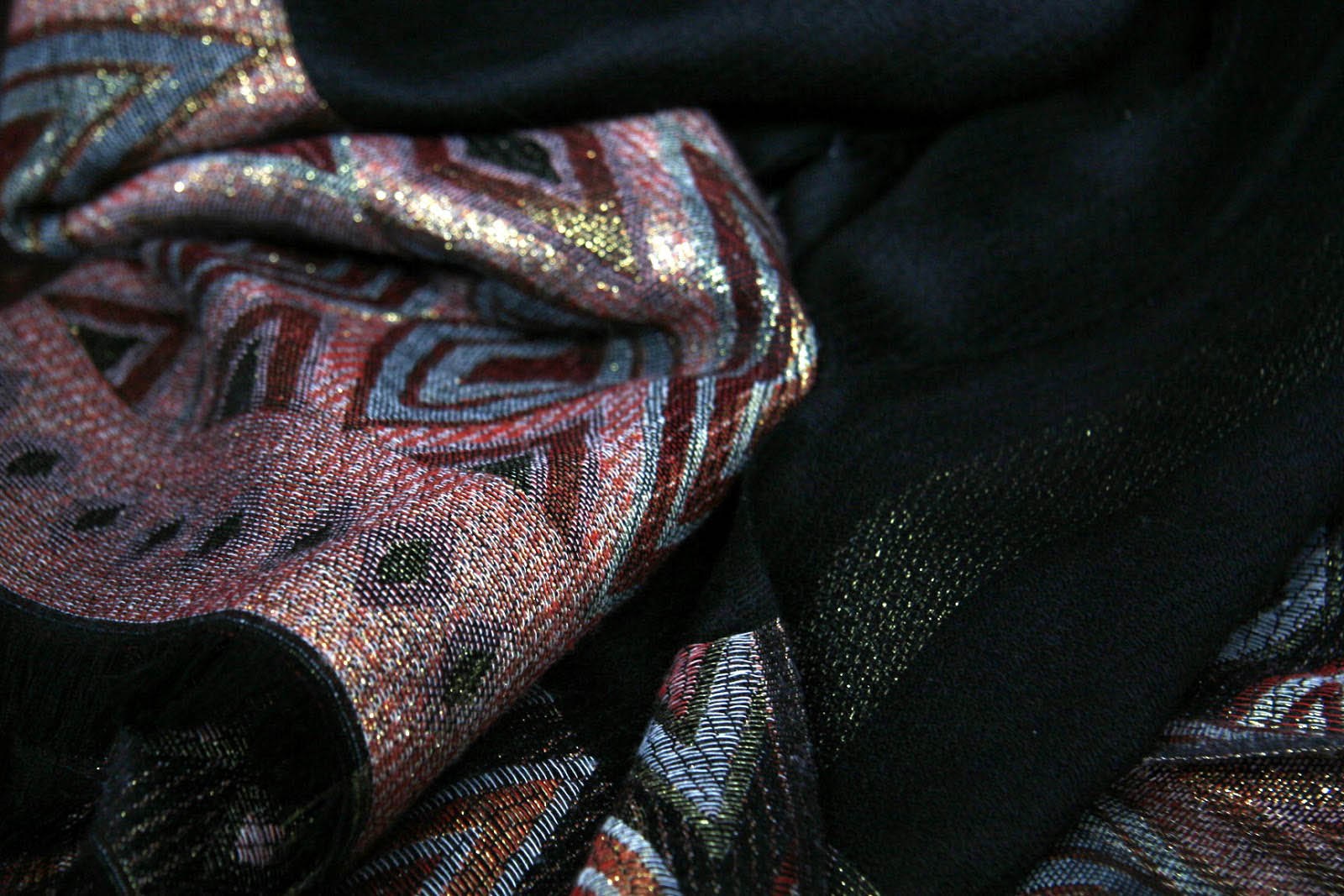DoCSM backs calls for establishing Garment EPZ
Kathmandu, December 18
The Department of Commerce and Supply Management (DoCSM) has backed calls for establishment of Garment Export Processing Zone to revive the readymade garment industry which is currently on the verge of collapse.
The call comes at a time when the US Senate has endorsed a Bill that paves the way for duty-free entry of 66 Nepali goods, including readymade garments, into the world’s largest economy.
“To take advantage from the Bill, Garment Export Processing Zone (GEPZ) should be established, as it would help resurrect the readymade garment industry,” DoCSM Director General Shambhu Koirala told an interaction organised today by Media Plus in Kathmandu.
The GEPZ would also help address the issue of ‘labour flexibility’, which the garment sector has been raising, according to Shankar Sharma, former vice chairman of the National Planning Commission and ex-Nepali ambassador to the US.
Export processing zones are guided by their own laws, which help industries to circumvent certain Acts and regulations.
“But along with flexible labour laws, training for people working in the garment sector is also essential so as to churn out quality human resources,” Sharma said, adding focus must be laid on designing and marketing.
Nepal’s readymade garment industry has been on the verge of collapse since the expiry of Multi Fibre Agreement (MFA) in January 2005, which provided duty free access for Nepali garments into the US.
Prior to the phasing out of the quota system, Nepal was exporting Rs 12 billion worth of garments and was generating around 500,000 jobs in the sector. During that time, the sector had drawn investment to the tune of Rs six billion.
Since then, over 85 per cent of garment factories have pulled down their shutters and in the last fiscal year exports fell to Rs 4.26 billion. Currently, only 50 readymade garment factories are in operation, according to Garment Association Nepal (GAN), the umbrella body of readymade garment entrepreneurs.
But endorsement of Trade Facilitation and Trade Enforcement Bill by the US House and Senate has once again generated hopes for revival of the moribund industry. This is because transformation of the Bill — introduced by California Senator Dianne Feinstein — into Act will make Nepali garments 17 per cent cheaper for buyers in the US.
“This arrangement definitely provides us an advantage. But to capitalise on it, we also need the government’s assistance,” said GAN Acting President Chandi Prasad Aryal. “In this regard, the government must provide us income tax rebate for five years, provide 10 per cent cash incentive on garment exports, help us obtain cheaper loans and address labour-related issues.”






